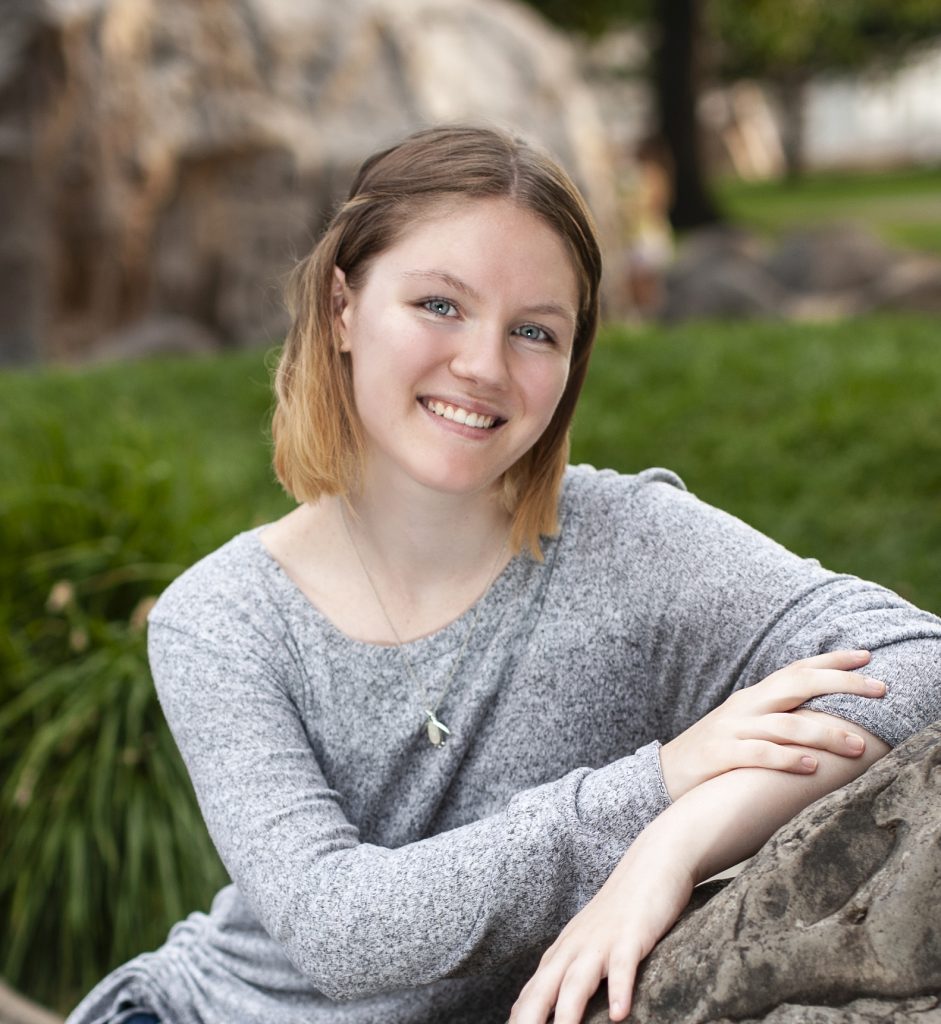Innovative devices to help clean up oil spills won Washington high-school student Zoe Gotthold the 2020 U.S. Stockholm Junior Water Prize (SJWP) competition, the Water Environment Federation (WEF; Alexandria, Virginia) announced in late June. Her project now advances to the international competition in August, where she will represent the U.S. against 28 other countries.
Plastics for a Purpose
Gotthold, a student at Richland (Washington) High School, developed six prototypes to promote oil flocculation at the water’s surface and increase the efficacy of traditional oil spill remediation techniques. She named her project for an animal that would benefit from her inventions: P.E.N.G.U.I.N.S: Promoting Emulsion Nullification Greenly Using Innovative Nucleation Surfaces (A Simple Solution to Oil Spill Emulsions).

“One of the most dangerous components of oil spills is the emulsion that forms between spilled oil and surrounding seawater: this submerged emulsion persists for years and is difficult to remediate,” Gotthold explains in her project. “This research identified polymers that could accelerate the separation of such emulsions, analyzed properties of these polymers, and then utilized those properties to prototype emulsion-destabilizing devices that promote oil flocculation at the oceanic surface, increasing the efficacy of traditional oil spill removal techniques.”
Gotthold separated her experiment into five parts. First, she simulated an oil spill and analyzed the effects that 12 types of plastics had on emulsion time. Then, she tested the emulsion stability of six types of plastic and glass. After examining emulsion under a microscope, Gotthold determined that using plastic to remediate oil spills would not significantly affect marine life. Finally, she developed six prototypes, noting that polyethylene consistently decreases the emulsion speed of oil it encounters.
“There was no statistically significant difference between plants grown in plastic-exposed water and those grown in pure water, so this would be an environmentally safe solution if used in oil spill remediation,” Gotthold writes.
The full study will be available after the international competition concludes, but a three-minute summary is available on YouTube.
Road to Stockholm
In the U.S., WEF and its Member Associations organize the regional, state, and national competitions with support from Xylem Inc. (Rye Brook, New York), which also sponsors the international competition.
Gotthold competed against students from 41 states, the District of Columbia, and Puerto Rico in a virtual event held June 20. As the U.S. winner, Gotthold received USD $10,000, and an invitation to Stockholm for five days in August to participate in the global conference.
“Zoe’s project took research across a broad range of sources to come up with a truly unique and innovative solution,” said Austin Alexander, U.S. Stockholm Junior Water Prize judge and investor relations manager at Xylem. “Her passion and commitment to improving ocean quality shone through. She is an inspiring and talented young woman that will represent the U.S. well!”
Two U.S. runners-up were Emily Tianshi of California and Emma Price of Missouri, who each received $1,000. Ishraq Haque of South Carolina received the Bjorn von Euler Innovation in Water Scholarship Award from Xylem. Beatrice Youd of Wisconsin received the James L. Condon Recognition for Environmental Stewardship.
“The passion, creativity and skill on display during the Stockholm Junior Water Prize competition is both impressive and inspiring,” said Jackie Jarrell, WEF President. “WEF is proud to support these students as they continue to identify and explore solutions to the challenges facing our global water environment.”
This year, competitors were asked to make video presentations explaining their project. The videos could range from a few seconds to 3 minutes. Watch Gotthold’s winning video:
“Zoe’s video production was excellent,” said Brad Lovett, who manages the SJWP program for WEF. “She made the complex science relatable and yet also showcased the innovation and rigor in her work.”
International Spotlight
International finalists square off in August during World Water Week in Stockholm.
“Our finalists could be tomorrow’s leading scientists and we know from experience that their innovations can solve real-world problems. Many projects that started as part of the Stockholm Junior Water Prize are now being used, helping thousands of people in different parts of the world,” Ania Andersch, who manages the prize for the Stockholm International Water Institute (SIWI), said in a news release.
The competition is open to young adults between ages 15 and 20 and typically draws participants from more than 35 countries. However, the 2020 competition has entries from only 29 countries, the release states. The coronavirus pandemic has forced the international event to be held entirely online.
Among the prizes awarded, the international winner receives USD $15,000. Additionally, the winning school receives USD $5,000. The worldwide winner will be announced by SIWI on August 25.
— Mariah Walters-Orose, WEF Highlights








July 20, 2020
Featured